Home » Business Insurance » Small Business Insurance
Small Business Insurance in Ontario
We know that as a small business owner, every dollar counts. Let us do the heavy lifting in finding the right policy to meet your needs and your budget, without compromising on protection.

Invest Less in Insurance, And More in Your Business
Explore the world of small business insurance in Ontario with a team of pros on your side. We are your dedicated partners in securing the protection your business deserves, offering tailored solutions to shield your operations from the unexpected and empowering its growth.
Whether you’re just getting started or looking to enhance your current coverage, we provide expert guidance as your trusted small business insurance broker. Get a fast, reliable small business insurance quote that aligns with your goals and budget. Our mission is to simplify small business insurance so you can focus on building what matters most – your business.Types of Small Business Insurance
Small business insurance is suitable for a wide range of operations, providing crucial protection tailored to your unique needs. Whether you’re looking for your first small business insurance quote or expanding coverage, our policies are designed to support and safeguard your success.
Here are just a few examples of businesses that can benefit from small business insurance in Ontario:
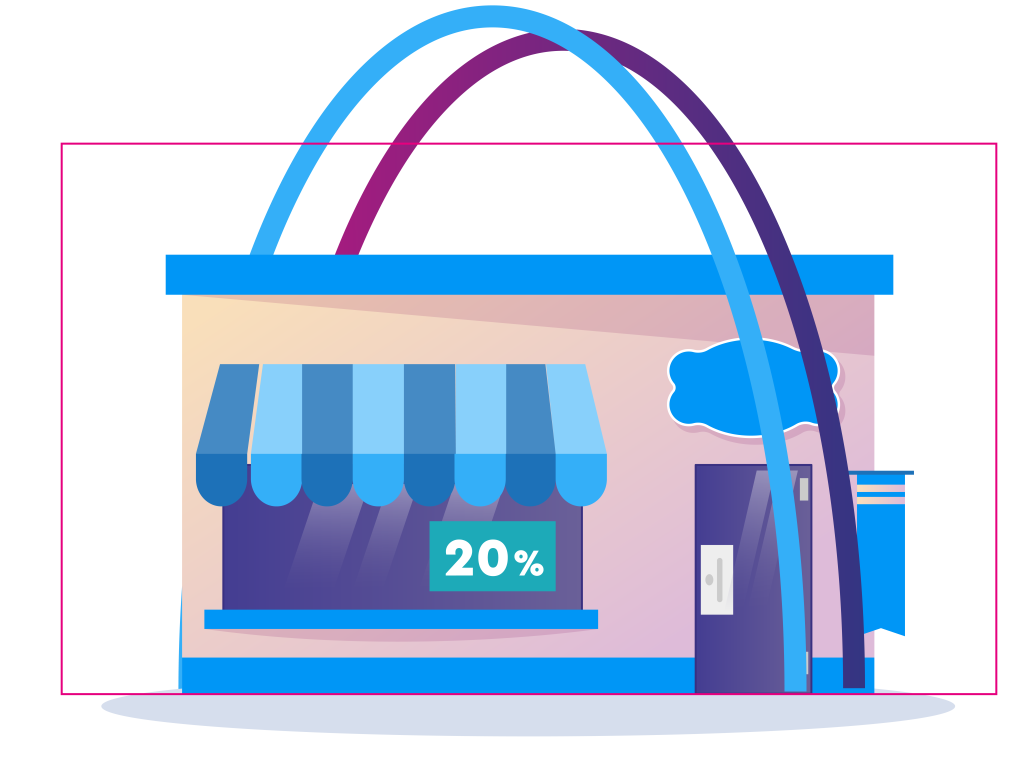
Retailers Insurance
Small shops, boutiques, and stores.
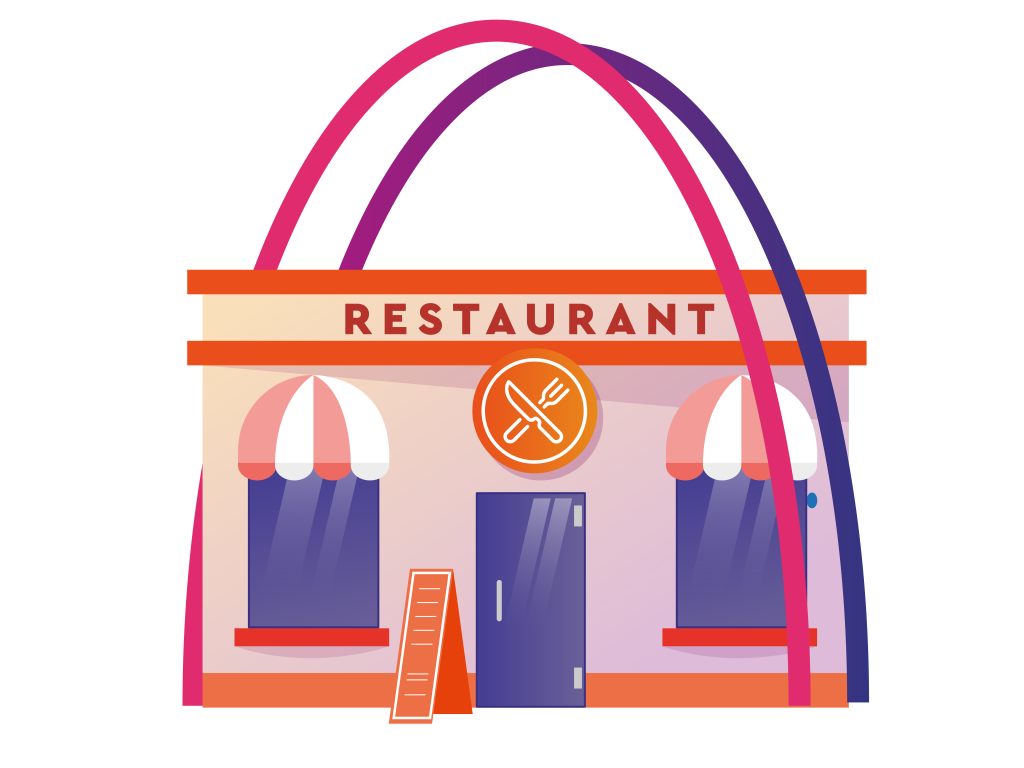
Restaurants Insurance
Cafes, diners, and small eateries.

Professional Services Insurance
Consultants, freelancers, and small law or accounting firms.

Retailers
Small shops, boutiques, and stores.

Restaurants
Cafes, diners, and small eateries.

Professional Services
Consultants, freelancers, and small law or accounting firms.

Artisans
Crafters, artists, and boutique manufacturers.
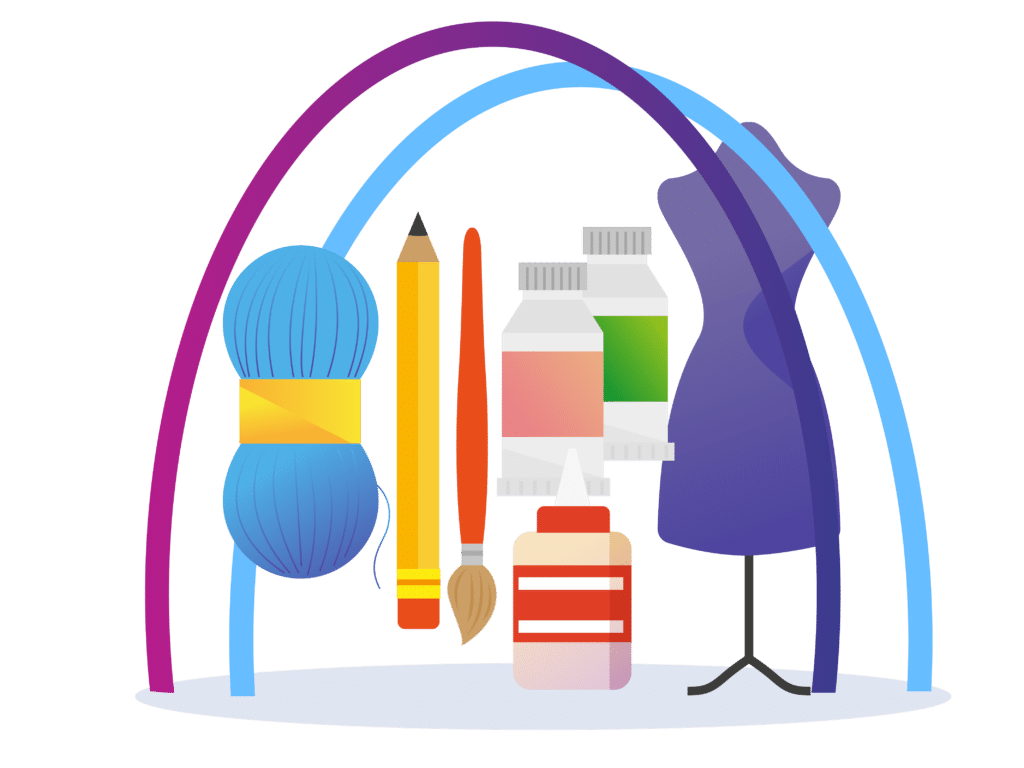
Artisans Insurance
Crafters, artists, and boutique manufacturers.

Contractors Insurance
Construction, landscaping and tradespeople.

Tech Startups Insurance
Small tech companies and software developers.

Contractors
Construction, landscaping and tradespeople.

Tech Startups
Small tech companies and software developers.

Home-Based Businesses Insurance
Online retailers, freelance writers, consultants and more.

Home-Based Businesses
Online retailers, freelance writers, consultants and more.

Coverages
Did you know there are more than 11 types of insurance coverages to benefit small businesses? The nature of your work dictates what combination of coverage will make for your perfect fit.
General Liability
This protects your business in the event of a product failing, or an injury occurring as a result of business activities. A number of small business claims fall beneath this umbrella, and therefore the majority of your coverage should be placed here.
Commercial Property
Whether you own, lease or rent the property on which your business operates, you should provide insurance against any potential damage caused by natural disasters, water damage, and theft.
Commercial Auto
This protects your company vehicles, drivers, and any employees who may drive for your business at any point.
Professional Liability
This coverage protects you in the event you make a mistake, such as offering bad advice, missing a deadline, or simply doing poor work on the job. This will cover the associated losses if the client chooses to sue you for any of the above criteria. Note: this relates directly to your services.
Cyber Coverage
This coverage exists to protect you in the event of a data breach, and cover associated costs.
Crime Coverage
In the event that an employee were to steal data or products, this coverage would help mitigate associated costs with this form of employee theft.
Business Interruption
Should an unforeseen event interrupt your ability to conduct business, this coverage will protect any financial loss during this timeframe.
Optional Coverages
Business Interruption
Covers lost income and operating expenses if your business has to close temporarily due to a covered event (e.g., fire, natural disaster). Helps maintain cash flow during downtime.
Commercial Auto
Covers vehicles used for business purposes, including delivery vans, company cars, and work trucks. It provides protection against accidents, liability, and property damage.
Professional Liability
Protects professionals (e.g., consultants, lawyers, accountants) from claims of negligence, errors, omissions, or inadequate professional services.
Cyber Liability
Protects your vehicle from depreciation when deemed a “total loss”
Employment Practices Liability
Protects your business from claims related to employment issues, such as wrongful termination, discrimination, or harassment. Covers legal defense costs and settlements.
Directors & Officers
Shields directors and officers from personal liability in the event of claims related to their decisions and actions on behalf of the company.
Comprehensive Small Business Insurance
Running a small business in Ontario comes with its own set of challenges, from managing day-to-day operations to growing your customer base. However, one essential aspect that many business owners overlook is insurance.
Small business insurance is a crucial safety net that helps protect your company from potential financial losses arising from accidents, lawsuits, or unforeseen events. Without the proper coverage, your business could face significant risks that could jeopardize its long-term success.
What is Small Business Insurance?
- General Liability Insurance: Protects your business from claims of bodily injury, property damage, or personal injury caused by your business operations or products.
- Commercial Property Insurance: Covers physical assets like buildings, equipment, and inventory from risks such as fire, theft, or natural disasters.
- Professional Liability Insurance (also known as Errors and Omissions insurance): Protects businesses that offer professional services from claims of negligence or mistakes that cause financial harm to clients.
- Business Interruption Insurance: This helps replace lost income if your business is forced to shut down temporarily due to a covered event, such as a fire or natural disaster.
- Workers’ Compensation Insurance: Covers medical expenses and lost wages if an employee is injured while on the job.
When Do You Need Small Business Insurance?
- When You Have Employees: If you employ staff, you are legally required to have Workers’ Compensation Insurance in Ontario. This coverage ensures that if an employee is injured at work, their medical costs and wage loss are covered, protecting your business from costly lawsuits.
- When You Own or Lease Property: Whether you operate from an office, storefront, or industrial space, your business property is at risk of damage from events like fires, floods, or theft. Commercial Property Insurance helps protect your investment and ensures your business can recover quickly from such losses.
- When You Interact with Clients or Customers: If you run a business that serves clients or customers, whether in person or remotely, having General Liability Insurance and Professional Liability Insurance can protect you from claims of bodily injury, property damage, or negligence.
- When Contracts Require Insurance: Many contracts, whether with landlords, clients, or business partners, will often require proof of insurance before they are finalized. Having adequate small business insurance ensures you can comply with these contractual obligations.
Advantages of Small Business Insurance
Having the right small business insurance in place provides several key advantages for business owners in Ontario.
Financial Protection
Insurance provides a financial safety net for your business. In the event of a lawsuit, accident, or property damage, insurance will cover the costs, including legal fees, settlements, or repairs, saving you from potentially crippling expenses.
Compliance with Laws and Regulations
Certain types of insurance, such as Workers’ Compensation, are legally required for businesses that employ workers. By securing the right coverage, you ensure your business complies with Ontario’s regulations, avoiding fines and penalties.
Improved Business Reputation
Having adequate insurance shows clients, customers, and business partners that you are a responsible and trustworthy company. This can give you a competitive advantage when negotiating contracts or forming new business relationships.
Peace of Mind
Running a small business is stressful enough without having to worry about the risks associated with everyday operations. With the right insurance policy, you can focus on growing your business, knowing that you’re protected from unforeseen events.
Support in Case of Disasters
If your business is forced to shut down due to an insured event (like a fire or flood), Business Interruption Insurance helps cover lost income, enabling you to continue paying bills and wages until operations can resume.
How to Get Small Business Insurance in Ontario?
When you decide to protect your business with small business insurance in Ontario, the process can seem overwhelming. That’s where working with a small business insurance broker can make all the difference.
Brokers can help guide you through the process of choosing the right coverage based on your business’s unique needs and risks.
Here’s what you need to do to get started with Duliban Insurance Brokers:
- Assess Your Business Needs: Every business is different, so the first step in securing insurance is to assess your specific risks. Do you own property that needs coverage? Do you have employees who might require Workers’ Compensation Insurance? At Duliban Insurance Brokers, we can help you identify your business’s unique risks and tailor a policy that fits your needs.
- Get a Small Business Insurance Quote: Once we’ve assessed your needs, you can easily obtain a small business insurance quote from us. We offer competitive rates and access to a wide range of insurers, ensuring you get the best possible coverage at an affordable price.
- Review Your Policy Options: With Duliban Insurance Brokers, you have access to multiple coverage options from top-rated insurance providers. We’ll guide you through your choices, explaining the different types of insurance available and recommending the best solutions for your business. Whether you need comprehensive liability protection or specialized coverage, we’ve got you covered.
- Customize Your Policy: Every business is unique, which is why it’s important to customize your policy to match your specific needs. Our experienced team will work with you to ensure your policy includes all the essential coverage while helping you avoid unnecessary extras that could increase your premium.
- Stay Protected and Informed: As your business grows and evolves, so will your insurance needs. Duliban Insurance Brokers is here to provide ongoing support and ensure that your coverage stays up to date. We can also help with policy renewals and adjustments to ensure you’re always protected.
Why Choose Duliban Insurance Brokers?
- Expert Guidance: Our team of experienced brokers specializes in small business insurance. We understand the unique challenges Ontario businesses face and can recommend coverage that aligns with your needs.
- Competitive Quotes: We work with a wide range of insurance providers to find the most competitive rates, ensuring you get the best value for your insurance dollars.
- Tailored Service: We take pride in offering service that’s customized to meet your individual needs. We take the time to get to know your business, offering tailored solutions that address your specific risks and coverage requirements.
- One-Stop-Shop: From assessing risks to securing a small business insurance quote, we handle all aspects of your insurance needs, so you don’t have to worry about navigating the complex insurance landscape alone.
- Local Expertise: As a local Ontario-based insurance brokerage, we understand the specific laws and regulations that affect small businesses in the province. This guarantees that you remain both compliant and safeguarded at all times.
Contact Us Today
Protecting your business with small business insurance is one of the most important steps you can take to ensure long-term success. Whether you’re just starting out or have an established company, the right coverage can provide peace of mind and financial protection against the unexpected.
At Duliban Insurance Brokers, we make it easy to get the coverage you need. Contact us today to receive a personalized small business insurance quote and take the first step toward securing your business’s future. Working with an experienced small business insurance broker like us ensures that your business is in safe hands, so you can focus on what matters most: growing your company.
Frequently Asked Questions
Small business insurance is vital for safeguarding your business against financial risks. It helps cover potential losses from accidents, legal claims, property damage, and other unexpected events, ensuring the long-term security of your business.
The cost of your small business insurance depends on various factors such as your industry, the size and location of your business, your chosen coverage limits, the deductible amounts, and your claims history.
To lower your small business insurance premiums, consider implementing safety protocols, maintaining a clean claims record, bundling multiple insurance policies, and comparing quotes from different small business insurance brokers to find competitive rates.
Yes, it’s crucial to regularly review and update your small business insurance as your company grows. Expanding your business often means your insurance needs will change, requiring adjustments to ensure you’re fully protected.
Yes, in Ontario, even businesses with only a few employees are required by law to provide workers’ compensation insurance. This coverage protects both your employees and your business in case of work-related injuries or illnesses.
At Duliban Insurance Brokers, getting a small business insurance quote is simple. You can either contact us directly or use our convenient online tools. We take the time to assess your business’s specific needs and provide customized coverage options that fit your requirements.
When you work with Duliban Insurance Brokers, you benefit from our industry expertise and access to a wide range of insurers. Call us at +1 855-385-4226. The manager will answer all your questions and help you with the small business insurance quote.
At Duliban Insurance, we strive to make the process of securing small business insurance in Ontario quick and hassle-free. In most cases, we can provide you with a quote and finalize your coverage within just a few business days. With our experience and efficient service, you’ll be protected in no time.
We work with 20+ top insurance companies
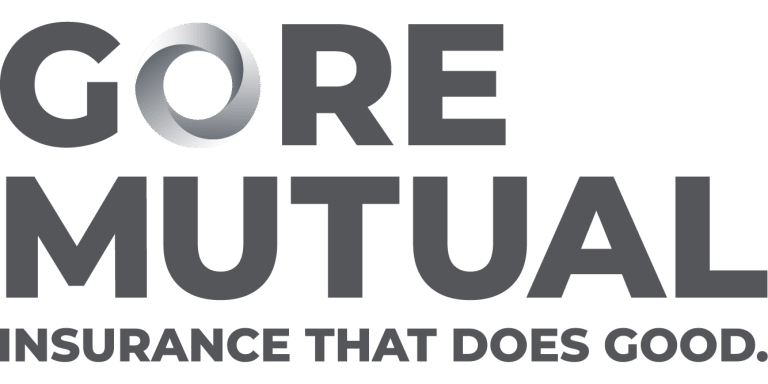

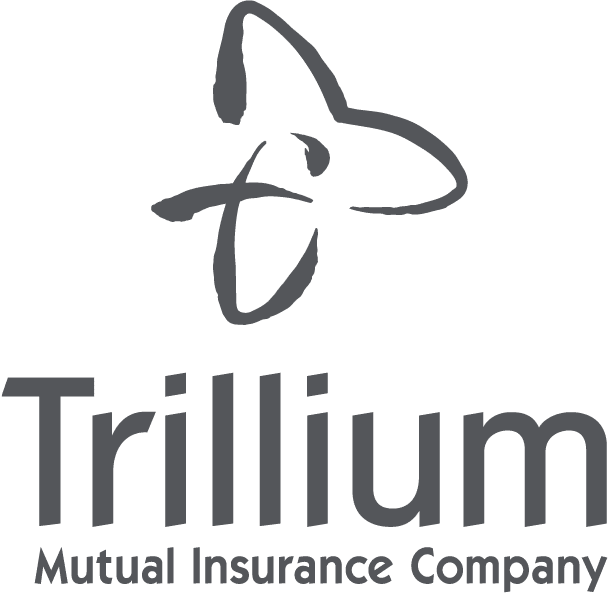
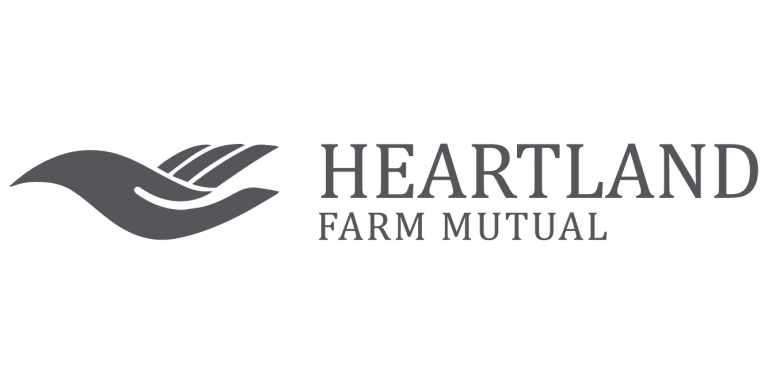

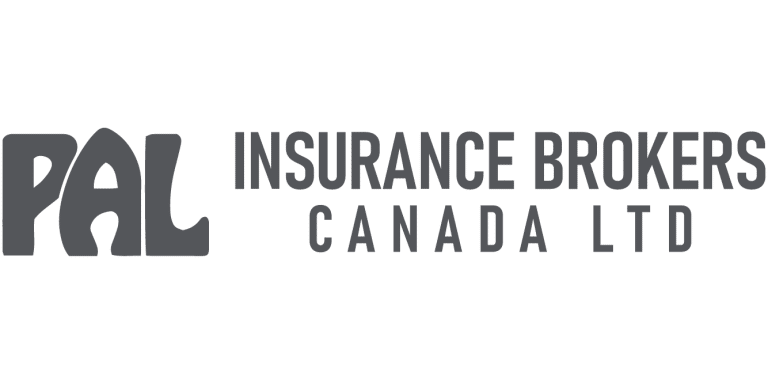
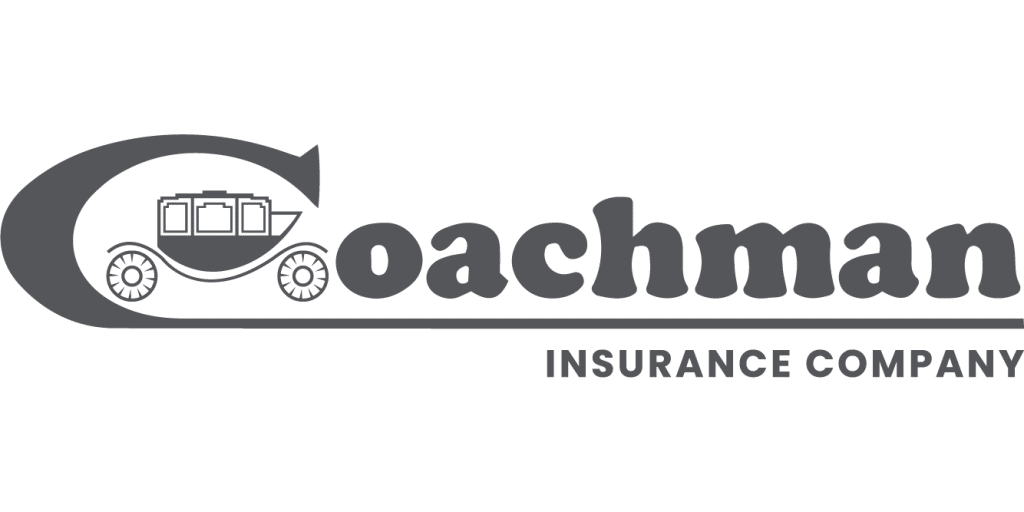

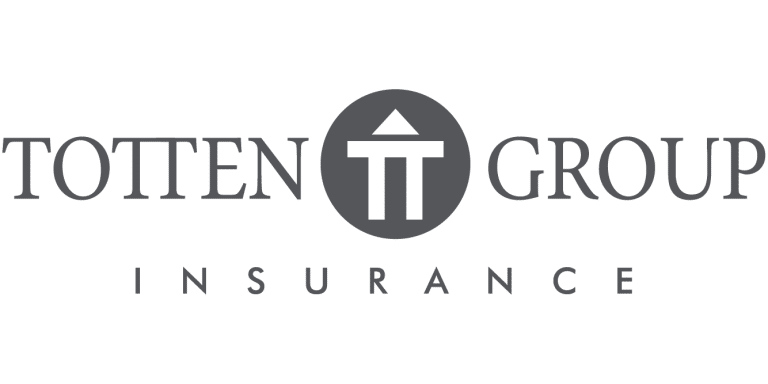


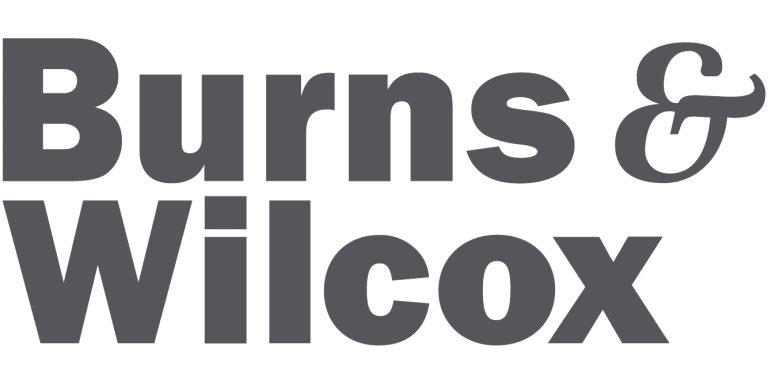



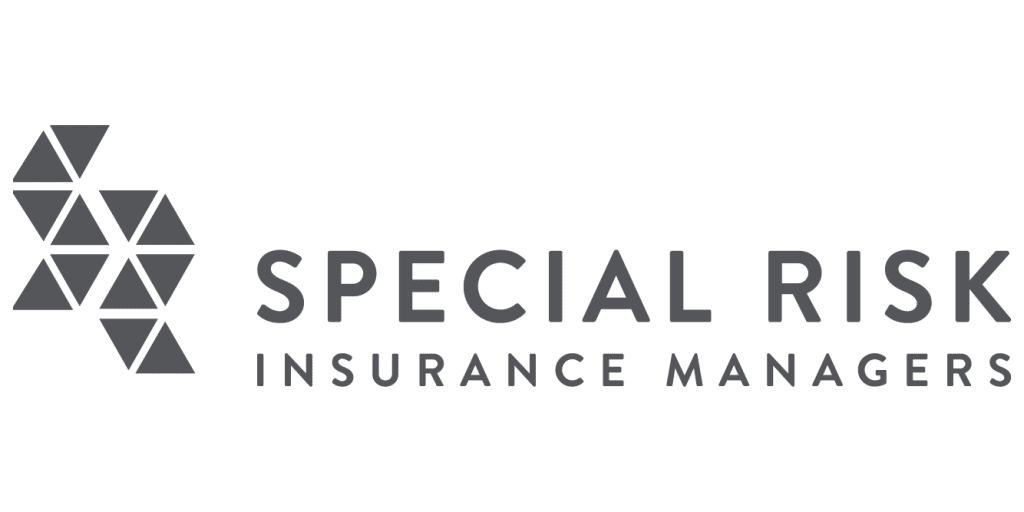


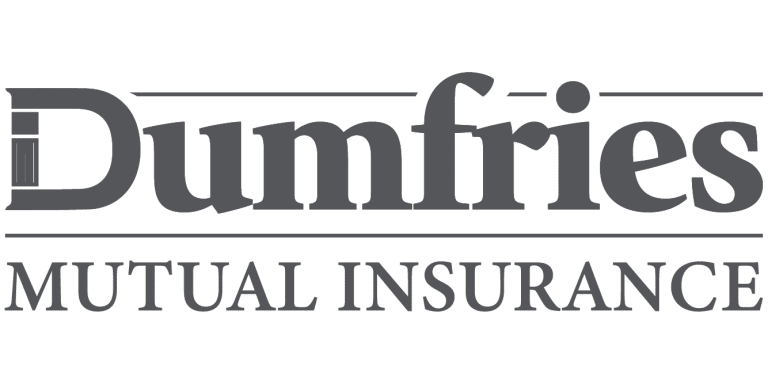
Our Reviews
What you say matters to us

Get a quote today
Working with a broker guarantees your access to the best available insurance with the added benefit of personalized support. See for yourself and get a quote now.
Read our blogs
Hear what’s trending in insurance
Our blog is packed with the tips and tricks you want to read, and deserve to know.

Auto theft continues to be a serious issue across Canada, particularly in urban areas where crime rings are targeting high-value

When we picture cottage season in Canada, it’s often lazy afternoons on the dock, crackling bonfires, and peaceful, unplugged weekends.

For many Canadians, the cost of dental care has been a long-standing barrier to consistent oral health. Recognizing this gap,

Whether you’re a contractor bidding on a job or a client hiring someone to work on your property, the term

With the Canadian government expanding the Canada Summer Jobs program to create up to 6,000 additional employment opportunities, more businesses

Wildfire season in Canada is here – and it’s already proving to be one of the most aggressive in recent



